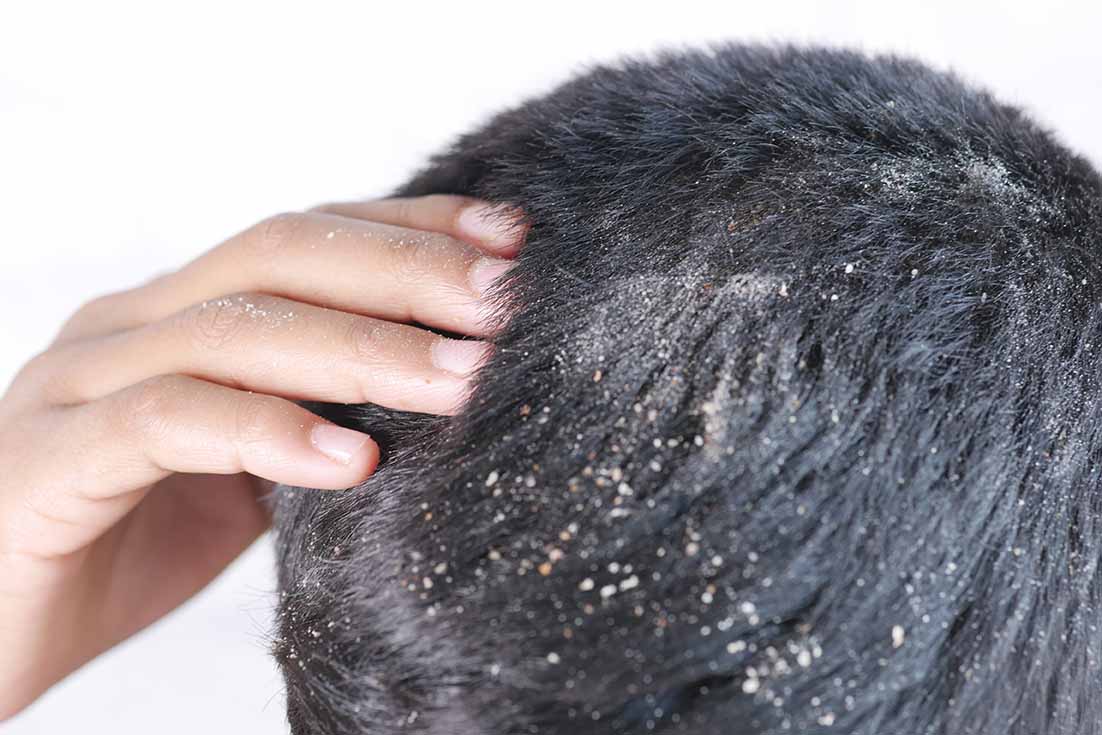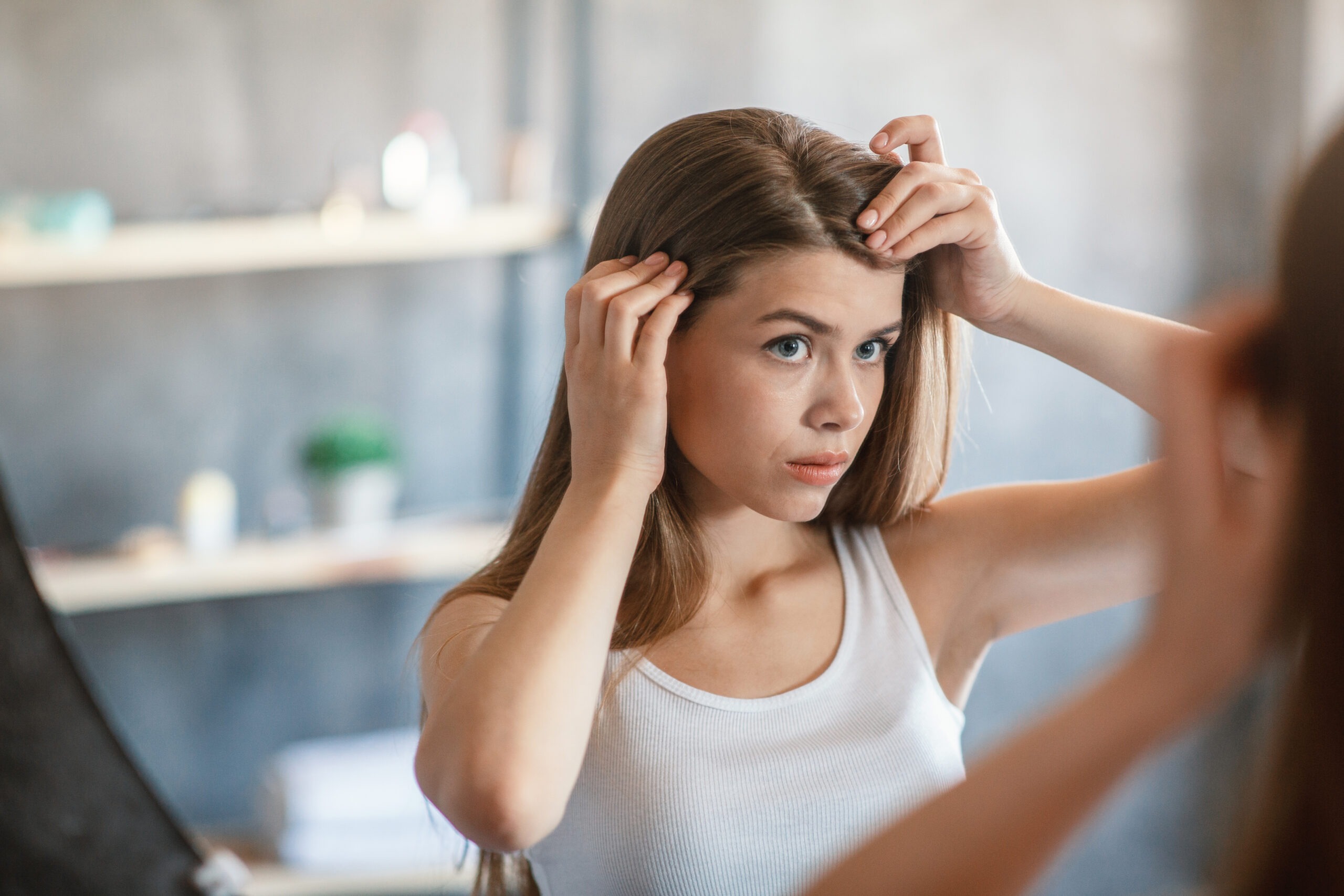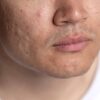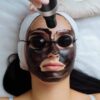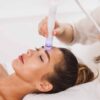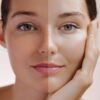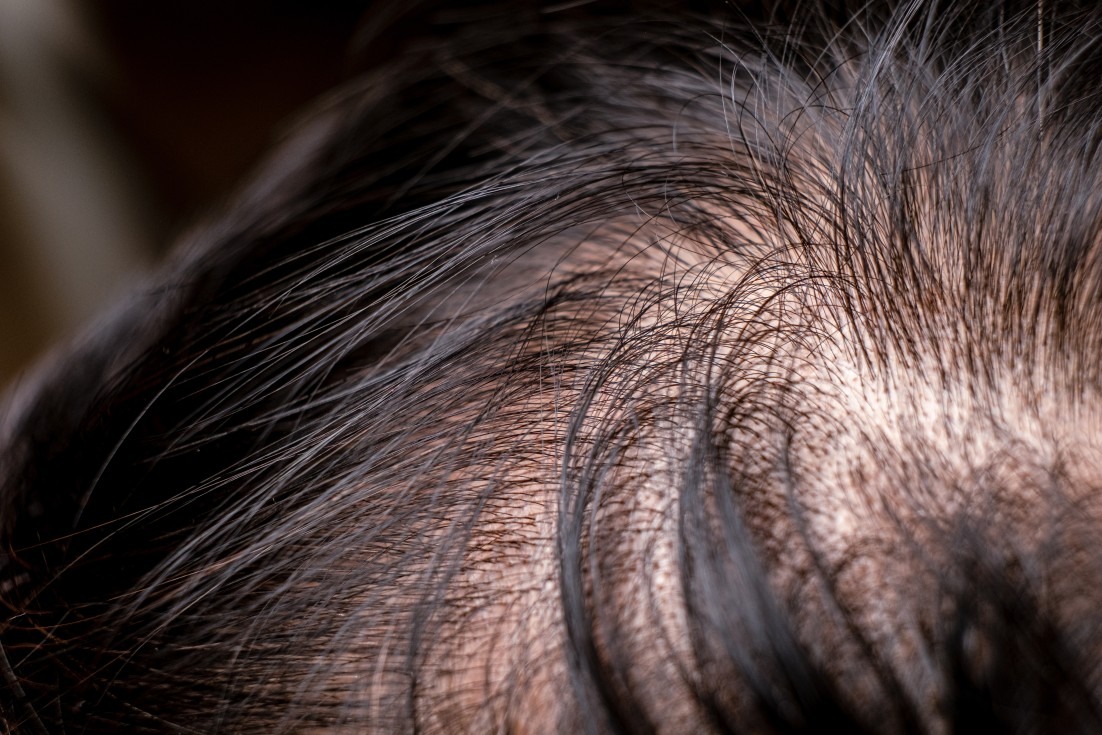
Which Vitamin Deficiency Cause Hair Loss?
Last Updated on April 29, 2023 by Derma Arts Team
Numerous factors, such as genetics (family history), medical conditions as well as mental trauma, can trigger hair loss. But most people are unaware that their diet has a direct impact on hair loss. Vitamins and minerals are crucial for adequate hair growth. You are inclined to suffer from hair loss if your body is not receiving any of the essential vitamins and minerals from your diet. So if you like to know which vitamin deficiency causes hair loss? Read our blog.
The metabolic process involved in the creation of hair is intricate and calls for numerous minerals, vitamins, and enzymes. You may have hair loss and your hair won’t be able to grow as long as it might if you are vitamin deficient. Chronic telogen effluvium, alopecia areata, and androgenetic alopecia have all been linked to vitamin shortages in the past. Therefore, many patients look for dietary advice and vitamin supplements to stop the hair loss before thinking about hair transplant options.
Which vitamin deficits then result in hair loss? Which vitamins benefit hair the most? Finding out which inadequacies lead to poor hair development is essential. The best vitamins and minerals for healthy hair growth are listed below.
Vitamin C
Strong antioxidant vitamin C is essential for the immune system. It contributes to the synthesis of collagen and iron absorption. A lack of this vitamin may cause hair to become brittle or fragile. By aiding in the formation of collagen and promoting the absorption of non-heme iron (iron from plant sources), vitamin C supports hair development. Dark leafy greens, green and red bell peppers, potatoes, broccoli, Brussels sprouts, spinach, and citrus fruits are all excellent sources of vitamin C.
Iron
A particularly prevalent type of vitamin insufficiency and a significant contributor to hair loss is iron deficiency. Lack of iron causes the blood cells to be unable to carry adequate oxygen throughout the body, which manifests as symptoms like weariness, brittle nails, and hair loss. Salmon, dried fruit, pork, spinach, and peas are foods high in iron that can be consumed to increase iron levels naturally. You might also wish to eat cereals that are enriched with iron.
Biotin
Biotin, often known as Vitamin B7, is said to promote hair growth by improving the keratin structure of the hair. By strengthening the keratin structure that comprises the follicles of the hair shaft, the visible portion of the hair structure, B vitamins, particularly biotin (B7), encourage hair development. Biotin deficiency causes hair loss and dry skin. To acquire adequate biotin, consume a diet rich in meat, eggs, nuts, and dairy products.
Magnesium
Cell growth, division, and operation all depend on magnesium. Having enough magnesium promotes hair growth because of its function in metabolism and metabolic processes. Hair loss or thinning may be caused by low magnesium, especially in menopausal women. Fortunately, magnesium is widely available in both plant and animal sources. In general, magnesium is present in all foods that include dietary fiber. This includes whole grains, nuts, legumes, seeds, and green leafy vegetables. Magnesium is frequently added to fortified foods including morning cereals.
Vitamin D
Vitamin D improves skin quality, strengthens bones, and promotes both old and new hair follicles. It also stimulates cell growth and immunity. It strengthens the immune system and inhibits inflammatory reactions that may inhibit hair development in disorders like alopecia areata and alopecia totalis. There aren’t many naturally occurring foods that contain vitamin D, but beef liver, salmon, and eggs are excellent sources. Milk, morning cereals, some kinds of yogurt, orange juice, and margarine are just a few examples of the items that are fortified and provide the majority of the vitamin D in the typical diet.
The fatty acids
Omega-3 and Omega-6 fatty acids are important fatty acids that help in hair growth and inflammation. A lack of them can result in hair loss from the scalp and brows, as well as hair whitening. Fatty acids are found in fish such as salmon, mackerel, and sardines, as well as eggs, flaxseed, walnuts, and supplements/oils.
Vitamin E
Due to its antioxidant characteristics, vitamin E protects against oxidative stress and the harm that free radicals do to the body’s cells and tissues, including the cells in the hair follicles. The body’s blood flow and oxygen supply, particularly blood flow in the scalp, are both influenced by vitamin E. Many foods naturally contain vitamin E. Nuts, seeds, vegetable oils, and green leafy vegetables all contain alpha-tocopherol.
Zinc
Zinc is an essential vitamin for hair health. It is essential for cell and immunological function, as well as protein synthesis. Zinc insufficiency is a major cause of telogen effluvium and brittle hair. Zinc deficiency is more common among pregnant women, alcoholics, those with digestive diseases, and vegetarians. A nutritious diet is a simple way to get enough zinc. Many foods, including meats and seafood, are high in zinc, as are plant foods high in protein, such as beans, nuts, and seeds. Zinc is also found in whole grains and dairy products.
These are some of the vitamin deficits and food options suggested by Dr. Mitra Amiri. You are always welcome to the Derma Arts, the Best Hair Transplant Clinic in Delhi if your hair loss problem still persists and you want a permanent solution for your hair fall.

